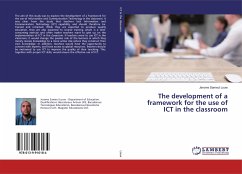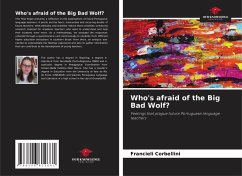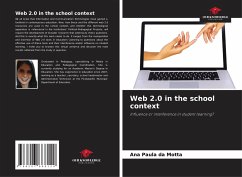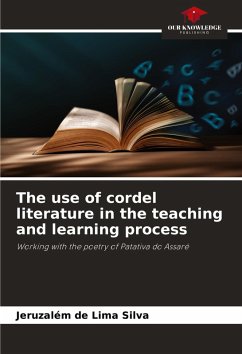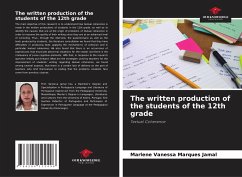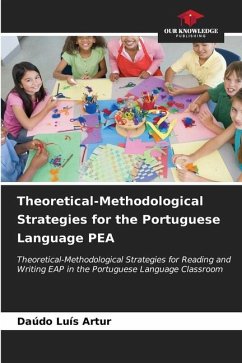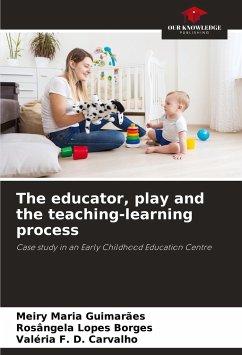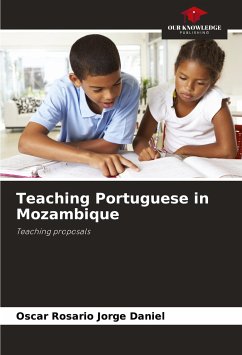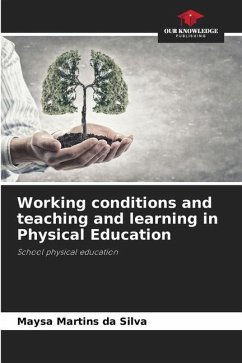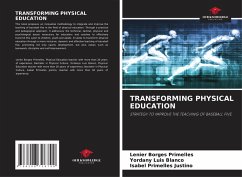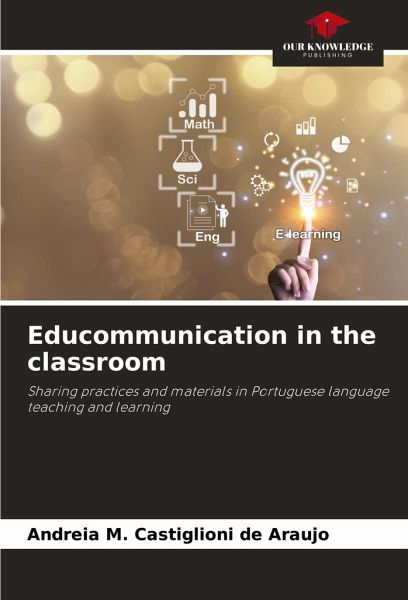
Educommunication in the classroom
Sharing practices and materials in Portuguese language teaching and learning
Versandkostenfrei!
Versandfertig in 6-10 Tagen
46,99 €
inkl. MwSt.

PAYBACK Punkte
23 °P sammeln!
Every teacher thinks: How can we change the routine of the classroom? How to develop innovative lessons? And how to combine the memory of local culture and new technologies in the same practice? This study aimed to improve the reading and writing of a textual genre (Literary Memoirs), through the creation of educommunicative materials with sequenced activities, in the teaching-learning process of Portuguese Language in a municipal public school. Attention was paid to the Digital Whiteboard, which enables the insertion of digital objects with historical-cultural themes and effective interaction...
Every teacher thinks: How can we change the routine of the classroom? How to develop innovative lessons? And how to combine the memory of local culture and new technologies in the same practice? This study aimed to improve the reading and writing of a textual genre (Literary Memoirs), through the creation of educommunicative materials with sequenced activities, in the teaching-learning process of Portuguese Language in a municipal public school. Attention was paid to the Digital Whiteboard, which enables the insertion of digital objects with historical-cultural themes and effective interaction between students. Another support was the didactic-pedagogical notebook customized for the local context, based on the needs of the target audience (7th grade). These materials, produced by the teacher-researcher during her Master's intervention, were based on a city in the interior of Bahia (Feira de Santana/Brazil), its singularities and popular narratives. Certainly, these practices werepresented as a stimulus to cultural and identity manifestation, their respective insertion into school daily life, the constancy of writing and the prevalence of student protagonism in interaction and new technologies.





